
Typing Comfort Unleashed
Ergonomic mechanical keyboards reduce strain during marathon typing sessions💡. Find your ideal fit for ultimate comfort and efficiency.
Explore the mechanical keyboard environmental impact, from manufacturing processes and material sourcing to e-waste. Discover how your choice of switches affects the planet and learn about sustainable alternatives for a greener setup. ⌨️🌍 Is your clicky habit eco-friendly?
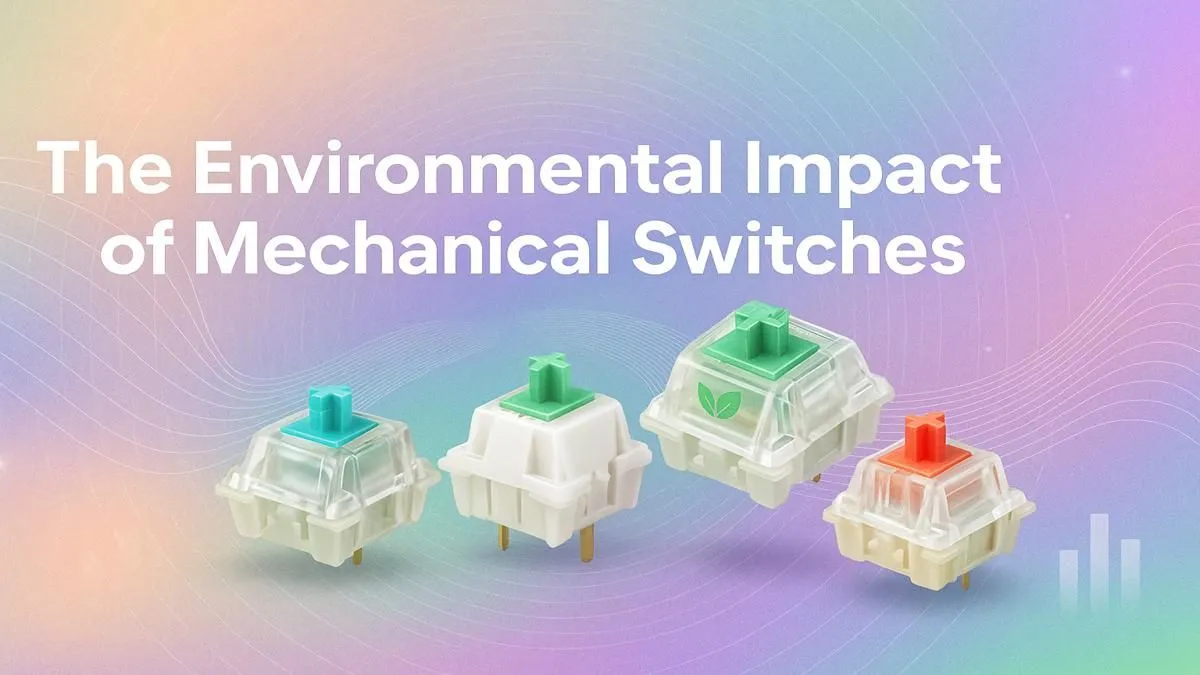
That satisfying clack. The precise feel of a keypress actuating perfectly. We love our mechanical keyboards. But have you ever wondered what happens before it lands on your desk, or after it’s served its last tour of duty? The mechanical keyboard environmental impact is a complex topic, but understanding it is key for any conscious tech enthusiast in South Africa. It’s about more than just performance; it’s about making choices that last.
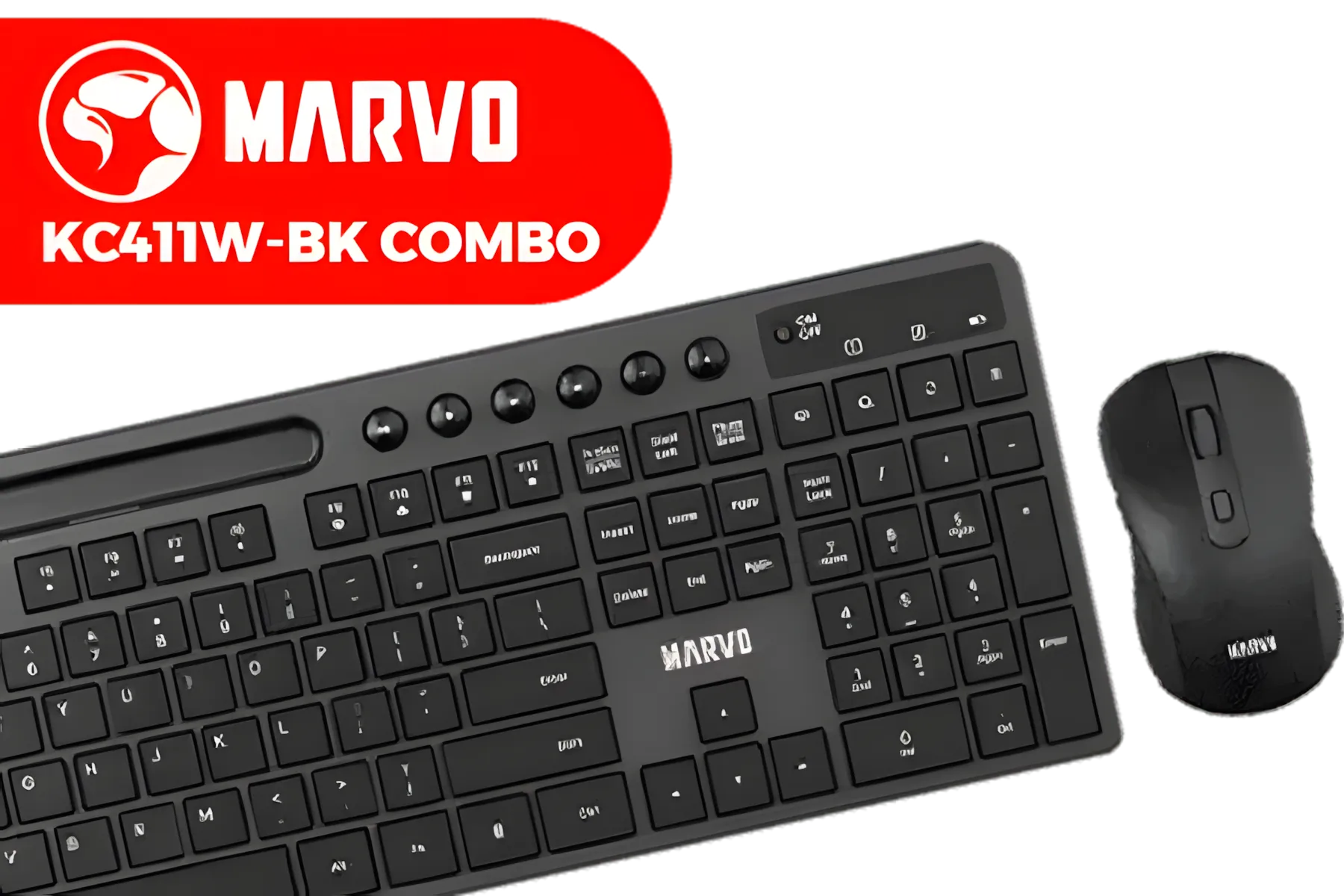





A mechanical keyboard is a marvel of engineering, but its components come from all over the globe. The journey from raw material to your gaming setup has a significant environmental footprint.
Most keyboards start with a plastic case, often ABS or the more durable PBT. Inside, a steel or aluminium plate provides rigidity, sitting atop a printed circuit board (PCB) loaded with electronics. Each component requires energy to mine, refine, and manufacture. The biggest factor in the initial environmental impact of a mechanical keyboard is this complex supply chain. While it's a heavy upfront cost, the goal is to offset it with longevity, unlike the throwaway culture promoted by cheaper membrane alternatives.
Here’s the good news: the single greatest strength of a mechanical keyboard is its durability and repairability. This is where it truly shines against its membrane counterparts, which often head to the landfill after a spill or a few years of heavy use.
A high-quality mechanical board is designed to endure millions of keystrokes. When a switch finally fails, you don’t throw the whole thing out. The modular design means you can often fix it yourself. This philosophy of "repair, don't replace" drastically reduces e-waste. By investing in a solid foundation, you can keep your keyboard running for a decade or more, simply by swapping out keyboard switches or upgrading with custom keycap sets to keep things fresh. This approach is not only cost-effective in the long run but also far kinder to our planet.
Extend your keyboard's life with simple maintenance. Once a month, unplug it and use a keycap puller to remove the keycaps. Clean them in warm, soapy water. While they dry, use a can of compressed air or a soft brush to clear dust and debris from the keyboard base. A clean keyboard is a happy, long-lasting keyboard!
So, how can you minimise your setup's environmental footprint without sacrificing performance? It comes down to making informed decisions from the start.


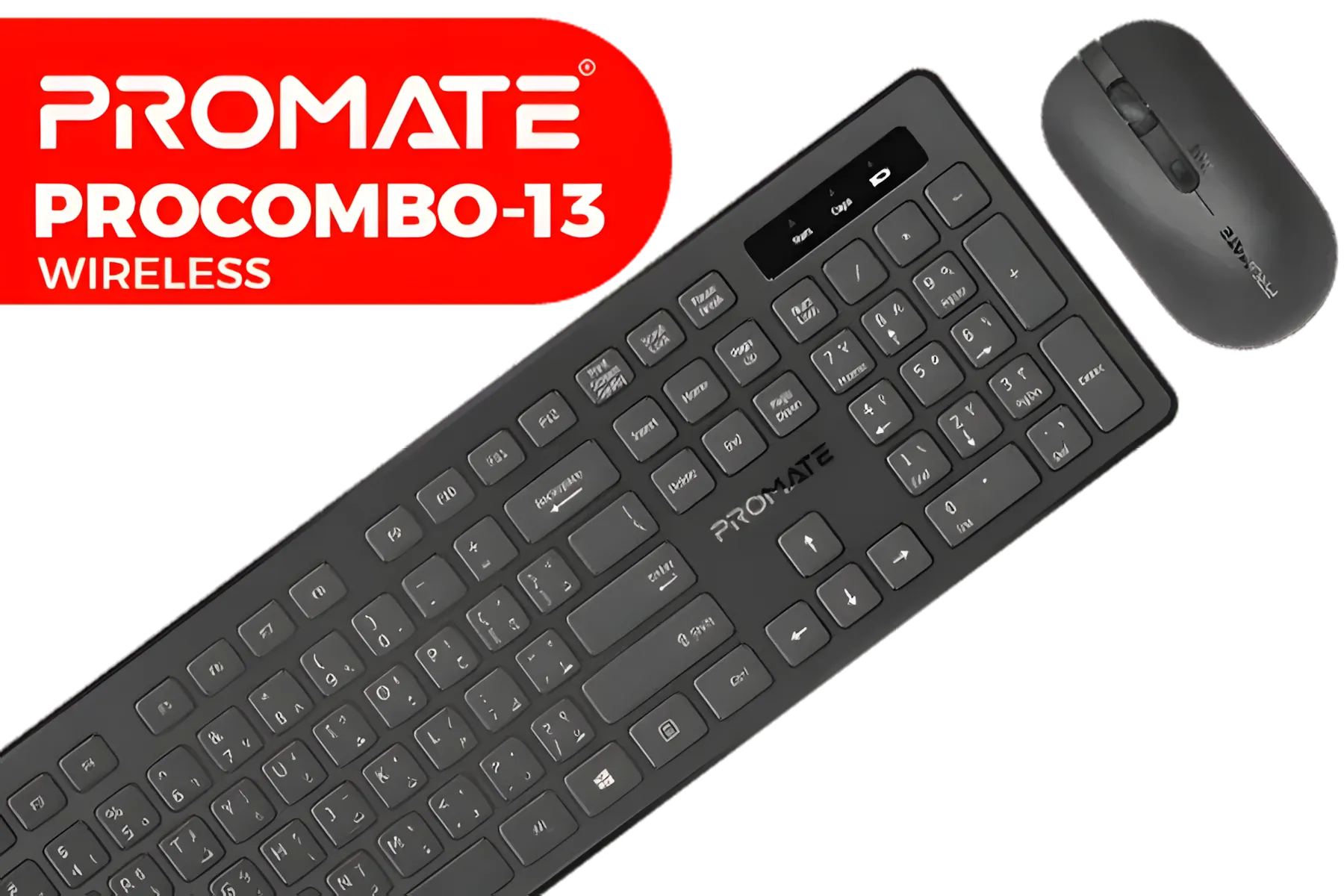


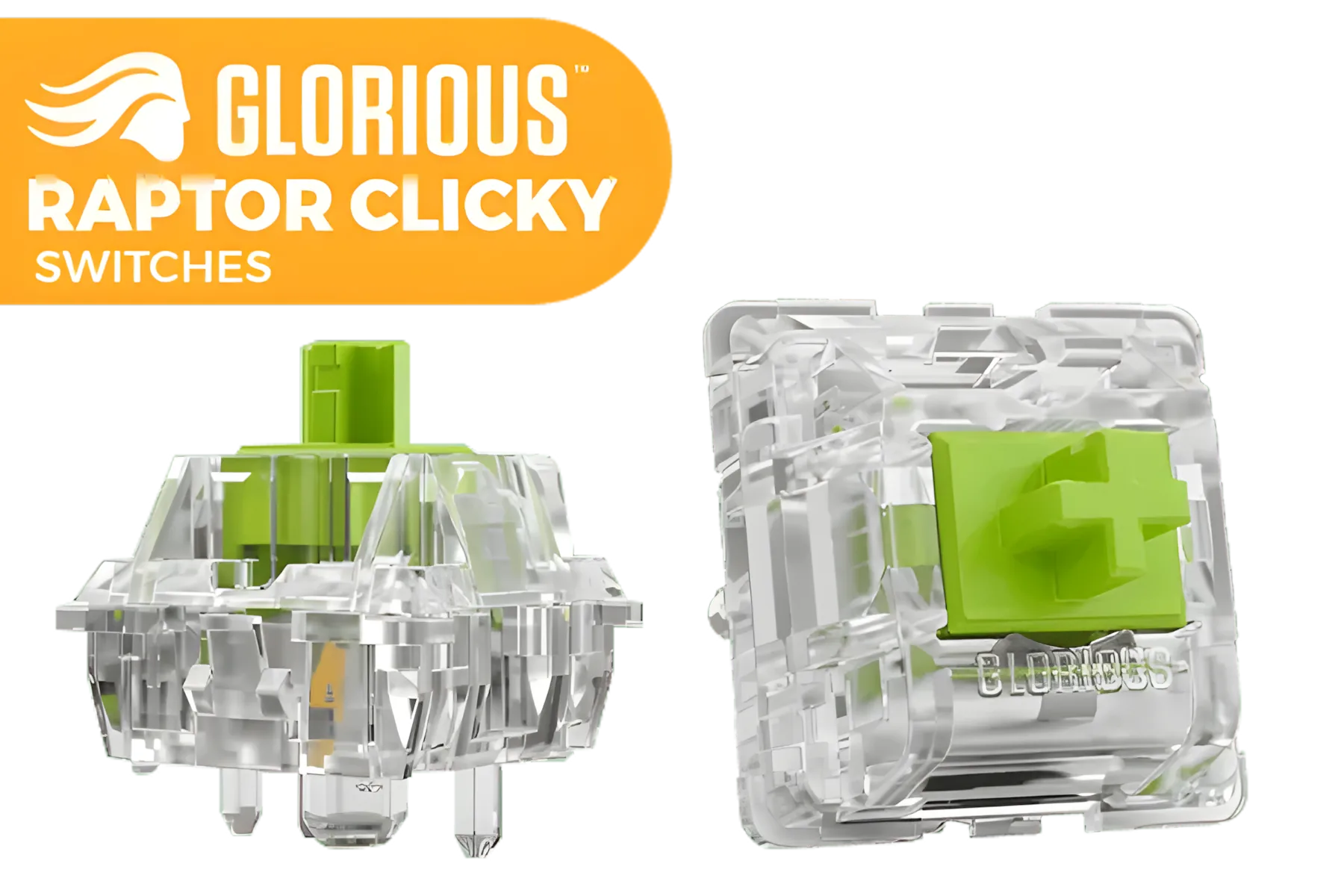
It can be tempting to grab the cheapest option, but a well-built keyboard is an investment. Look for boards with a sturdy metal frame and high-quality PBT keycaps, which resist shine and wear. Even if you're looking for the cheapest gaming keyboard in South Africa, opting for a mechanical model over a membrane one is a step towards greater longevity. Often, you can find excellent value in durable keyboard and mouse combos that are built to withstand years of intense gaming sessions.
A keyboard you can easily repair is one that stays out of the bin. Look for features like hot-swappable switch sockets, which let you replace switches without any soldering. This makes maintenance a breeze. Furthermore, building an ergonomic setup with accessories like a proper wrist rest ensures you can use your gear comfortably for years, making your long-term investment even more worthwhile.

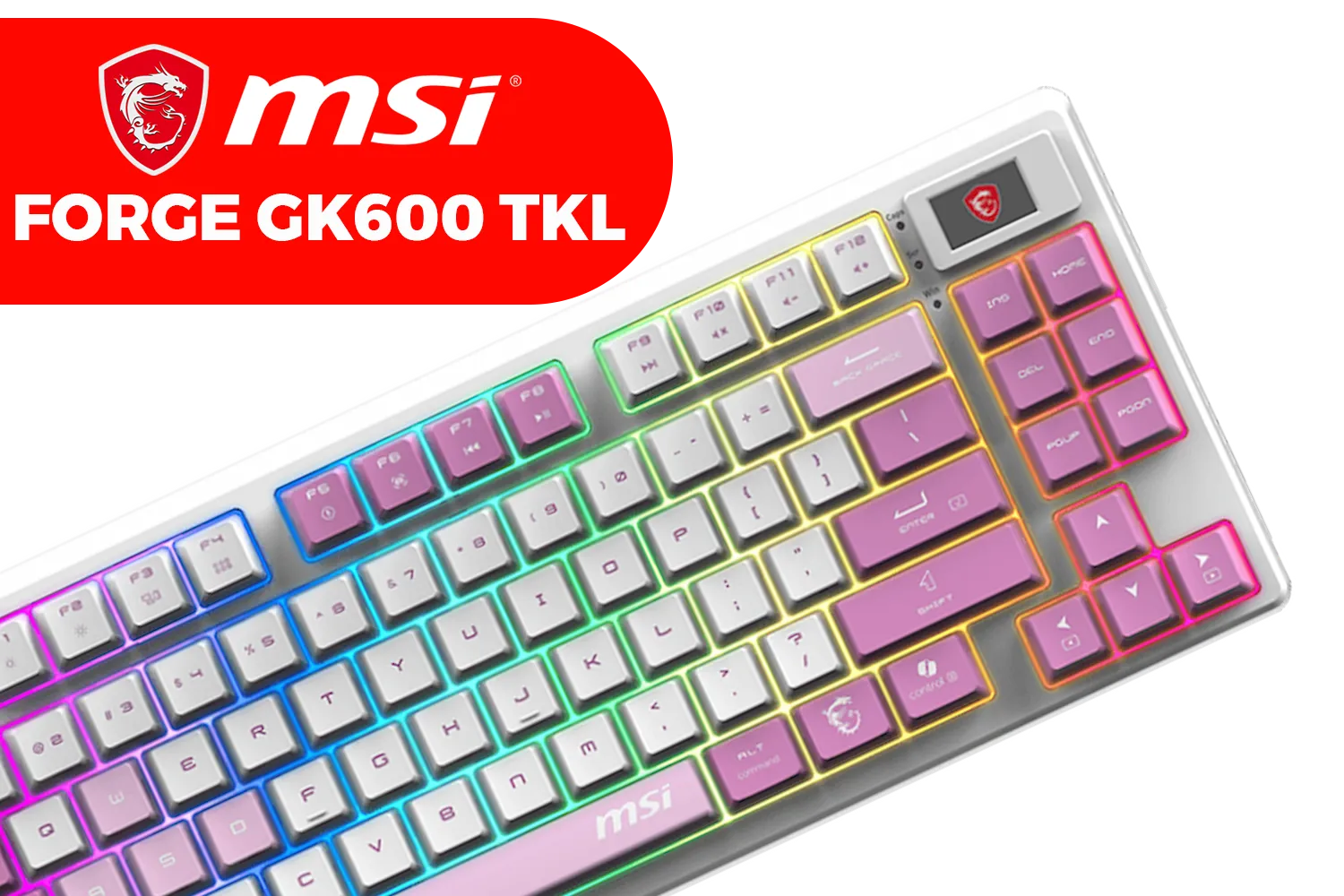




When your keyboard truly reaches the end of its life, don't just toss it. E-waste is a massive problem in South Africa. Look for local e-waste recycling facilities that can safely process the electronic components, recovering valuable materials and preventing harmful substances from polluting our environment. A little effort makes a big difference. ✨
Ready to Make a Sustainable Upgrade? Choosing a mechanical keyboard is an investment in quality, performance, and longevity. By opting for a durable, repairable board, you're not just upgrading your setup... you're making a smarter choice for the planet. Explore our wide range of gaming keyboards and find a board built to last.
Their impact stems from raw material extraction, manufacturing energy, and potential e-waste. However, their long lifespan and repairability can make them more sustainable than disposable membrane keyboards over time.
No switch is perfectly 'green,' but durable, high-quality switches that don't need frequent replacement are a sustainable choice as they reduce e-waste. Some brands are exploring recycled materials.
Take it to a local e-waste recycling facility that handles electronics. You can also salvage usable components like switches and keycaps for future projects to extend their life cycle.
Individually, they have more components. But their longer lifespan and repairability often mean less frequent replacement, potentially leading to less overall e-waste than cheaper, disposable keyboards.
Switches typically use a plastic housing (nylon, polycarbonate), a metal spring, and gold-plated copper contacts. The exact composition of materials varies by brand and switch type.
Yes. The keyboard manufacturing carbon footprint contributes to the overall environmental toll of electronics, encompassing energy usage, material sourcing, and global shipping.